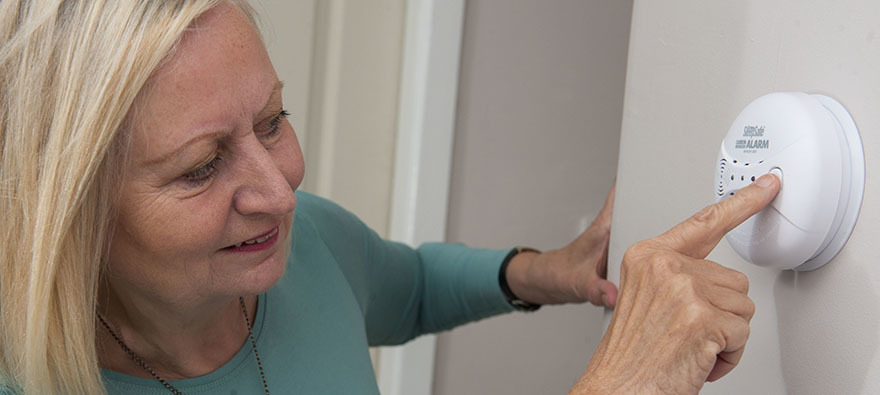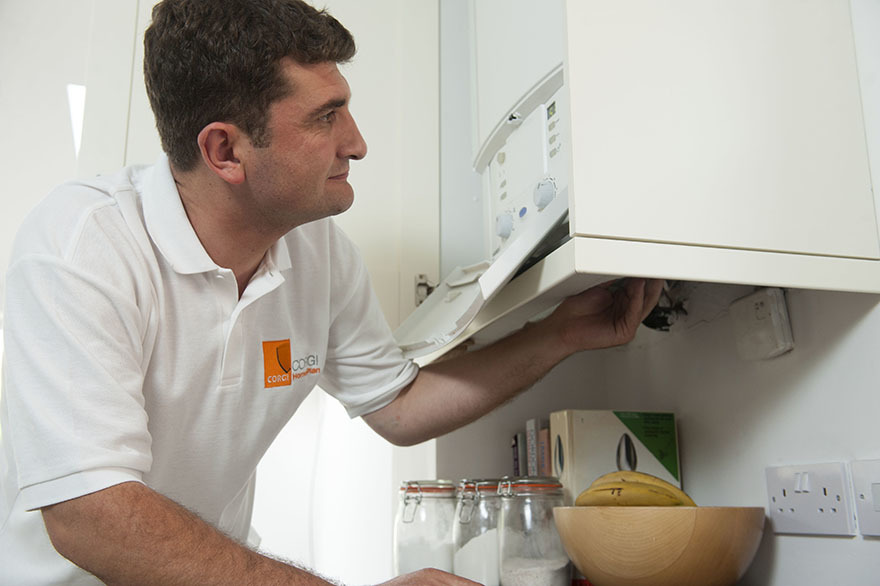How Will You Score In Our Gas Safety Knowledge Quiz?

Did you know 1 in 10 adults in Britain have experienced carbon monoxide poisoning to some degree in their home? Don’t get caught out as the weather turns colder and you fire up your heating. Here are CORGI HomePlan’s tell-tale signs that you may you need to get your boiler checked:
Your boiler needs frequent repairs
If you find yourself having to constantly re-set your boiler, you may have a problem. If your boiler is old and needs frequent repairs, it’s recommended that you get a new one as it may become a hazard to yourself and your home.
Your home isn’t as warm as it normally is
Got the heating on but still feeling the chill? This is a clear indication that you’re not receiving the full benefits of heating in your home, but still wasting energy and paying the heating bills. Your boiler should be running efficiently and, that way, you’re benefiting yourself and the environment. Likewise, if your hot water tap is running lukewarm, this could be a sign of a faulty diverter drive and you’ll need a Gas Safe registered engineer to come and check your heating system.
There is a strange smell emitting from your boiler
You should regularly check for any dark markings around your boiler. Should they appear and/or there is a strange smell present, it could be a sign that the burning function on your boiler is faulty. Get this checked by a Gas Safe registered engineer as soon as possible as your boiler could be leaking poisonous and fatal carbon monoxide into your home.
There are strange noises coming from your heating
This may be for a number of reasons – the pump in your boiler may not be running correctly or the bearing of your fan could be getting old. This wear and tear can cause issues so make sure to get it checked over by a qualified engineer.
Carbon monoxide detector is beeping
If your carbon monoxide detector keeps beeping while your boiler is operating, this is a sign there could be a problem which could be hazardous to you and your family. If this happens, contact a Gas Safe registered engineer to investigate. You can also ring the National Gas Emergency Helpline on 0800 111 999 who will be able to assist.
Boilers don’t last forever and the older they get, the more faults can occur which could put you and your family in danger.
Symptoms Of Carbon Monoxide Poisoning
Headaches
Dizziness
Nausea
Breathlessness
Collapse
Loss of consciousness
If you suspect you or anyone in your house has inhaled carbon monoxide, it is important that you get fresh air immediately; turn off the appliance(s) and leave the house. If you think you are in danger, ring the National Gas Emergency Helpline on 0800 111 999. You should seek medical attention as soon as possible – visit your GP or go to the hospital as soon as possible. Let them know that you suspect carbon monoxide poisoning.





